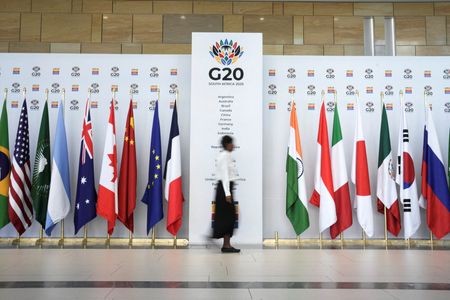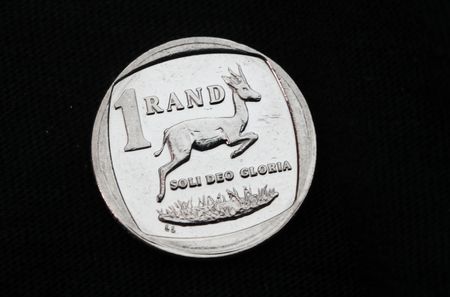By Scott DiSavino
NEW YORK (Reuters) -Crude oil futures were little changed on Friday on mixed U.S. economic and tariff news and worries about oil supplies following the European Union’s latest sanctions against Russia for its war in Ukraine.
Brent crude futures fell 24 cents, or 0.3%, to settle at $69.28 a barrel, while U.S. West Texas Intermediate (WTI) crude futures fell 20 cents, or 0.3%, to end at $67.34.
That put both crude benchmarks down about 2% for the week.
In the United States, single-family homebuilding dropped to an 11-month low in June as high mortgage rates and economic uncertainty hampered home purchases, suggesting residential investment contracted again in the second quarter.
In another report, however, U.S. consumer sentiment improved in July, while inflation expectations continued to decline.
Lower inflation should make it easier for the U.S. Federal Reserve to reduce interest rates, which could cut consumers’ borrowing costs and boost economic growth and oil demand.
Separately, U.S. President Donald Trump is pushing for a minimum tariff of 15% to 20% in any deal with the European Union, the Financial Times reported on Friday, adding that the administration is now looking at a reciprocal tariff rate that exceeds 10%, even if a deal is reached.
“Currently envisioned reciprocal tariffs, coupled with announced sectoral levies, could push the U.S. effective tariff rate above 25%, surpassing 1930s peaks … In coming months, the tariffs should increasingly be manifest in inflation,” analysts at U.S. bank Citigroup’s Citi Research said in a note.
Rising inflation can raise prices for consumers and weaken economic growth and oil demand.
EU SANCTIONS
In Europe, the EU reached an agreement on an 18th sanctions package against Russia over its war in Ukraine, which includes measures aimed at dealing further blows to Russia’s oil and energy industries.
“New sanctions on Russian oil from the U.S. and Europe this week were met by a muted market reaction,” analysts at Capital Economics said in a note. “This is a reflection of investors doubting President Trump will follow through with his threats, and a belief that new European sanctions will be no more effective than previous attempts.”
The EU will also no longer import any petroleum products made from Russian crude, though the ban will not apply to imports from Norway, Britain, the U.S., Canada and Switzerland, EU diplomats said.
EU foreign policy chief Kaja Kallas also said on X that the EU has designated the largest Rosneft oil refinery in India as part of the measures.
India is the biggest importer of Russian crude while Turkey is the third-biggest, Kpler data shows.
“This shows the market fears the loss of diesel supply into Europe, as India had been a source of barrels,” said Rystad Energy’s vice president of oil markets, Janiv Shah.
In other news, U.S. oil major Chevron closed its $55 billion acquisition of U.S. energy firm Hess on Friday after winning a landmark legal battle against larger U.S. oil major rival Exxon Mobil to gain access to the largest oil discovery in decades off Guyana.
(Reporting by Scott DiSavino in New York, Robert Harvey and Enes Tunagur in London and Siyi Liu in Singapore; Editing by Emelia Sithole-Matarise, David Goodman, Matthew Lewis and Marguerita Choy)










